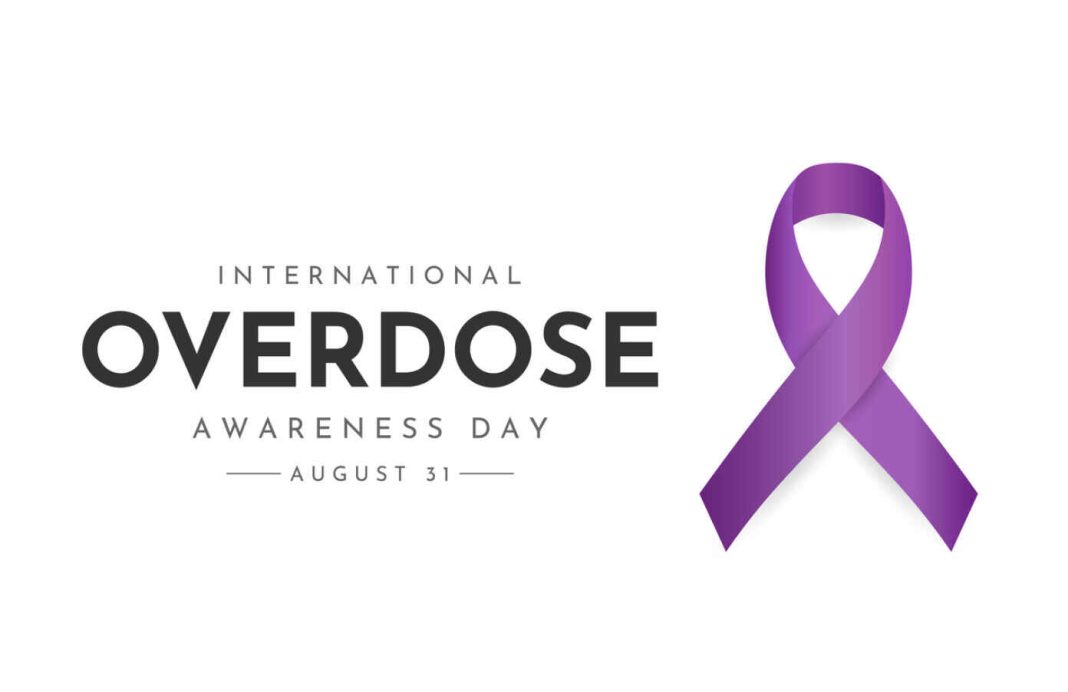
Pennsylvania Sheriff Shares Heartbreaking Story of Son’s Fentanyl Overdose
In a recent video, a Pennsylvania sheriff opened up about the tragic loss of his son to a fentanyl overdose. The emotional recount of this devastating event serves as a reminder that time doesn’t heal all wounds.
In the video, the sheriff shares how his son, like many others, fell into the grip of addiction. He describes the pain of watching his child battle with substance abuse and the constant worry that consumed him. It’s a story that resonates with countless families who have experienced the devastating effects of the opioid epidemic.
This personal account sheds light on the harsh reality of fentanyl, a synthetic opioid that is 50 times stronger than heroin. Fentanyl has become a major contributor to the rising number of overdose deaths in the United States. According to recent data, opioid-related deaths have surged in the past few years, with fentanyl being a significant factor in this increase.
The sheriff’s story underscores the urgent need for effective solutions to combat the opioid crisis. Beyond law enforcement efforts, it is crucial to address the root causes of addiction and provide comprehensive support to those struggling with substance abuse. This includes access to evidence-based treatment programs, counseling services, and resources for families affected by addiction.
Recent studies have highlighted the importance of a multifaceted approach to tackling the opioid epidemic. One study found that medication-assisted treatment, which combines medication with therapy, can significantly reduce overdose deaths. Another study emphasized the need for increased access to naloxone, a medication that can reverse the effects of an opioid overdose and save lives.
Experts agree that addressing the opioid crisis requires a comprehensive and compassionate approach. It is not enough to simply crack down on drug dealers and increase law enforcement efforts. We must also invest in prevention and treatment programs, destigmatize addiction, and provide support to those in recovery.
The sheriff’s story is a heartbreaking reminder that addiction does not discriminate. It can affect anyone, regardless of their background or circumstances. It highlights the importance of empathy and understanding when it comes to addressing the opioid crisis. By sharing personal stories like his, we can foster a greater sense of empathy and encourage meaningful action to combat this devastating epidemic.
In conclusion, the sheriff’s heartfelt account serves as a powerful reminder of the human toll of the opioid crisis. It emphasizes the need for comprehensive solutions, increased access to treatment, and a compassionate approach to addiction. Time may not heal all wounds, but by working together, we can make a difference in the lives of those affected by addiction.


